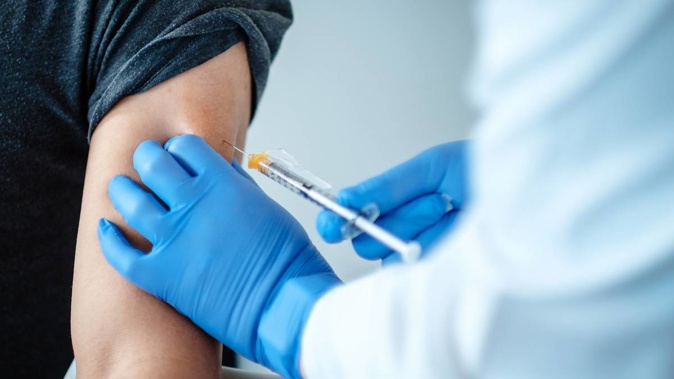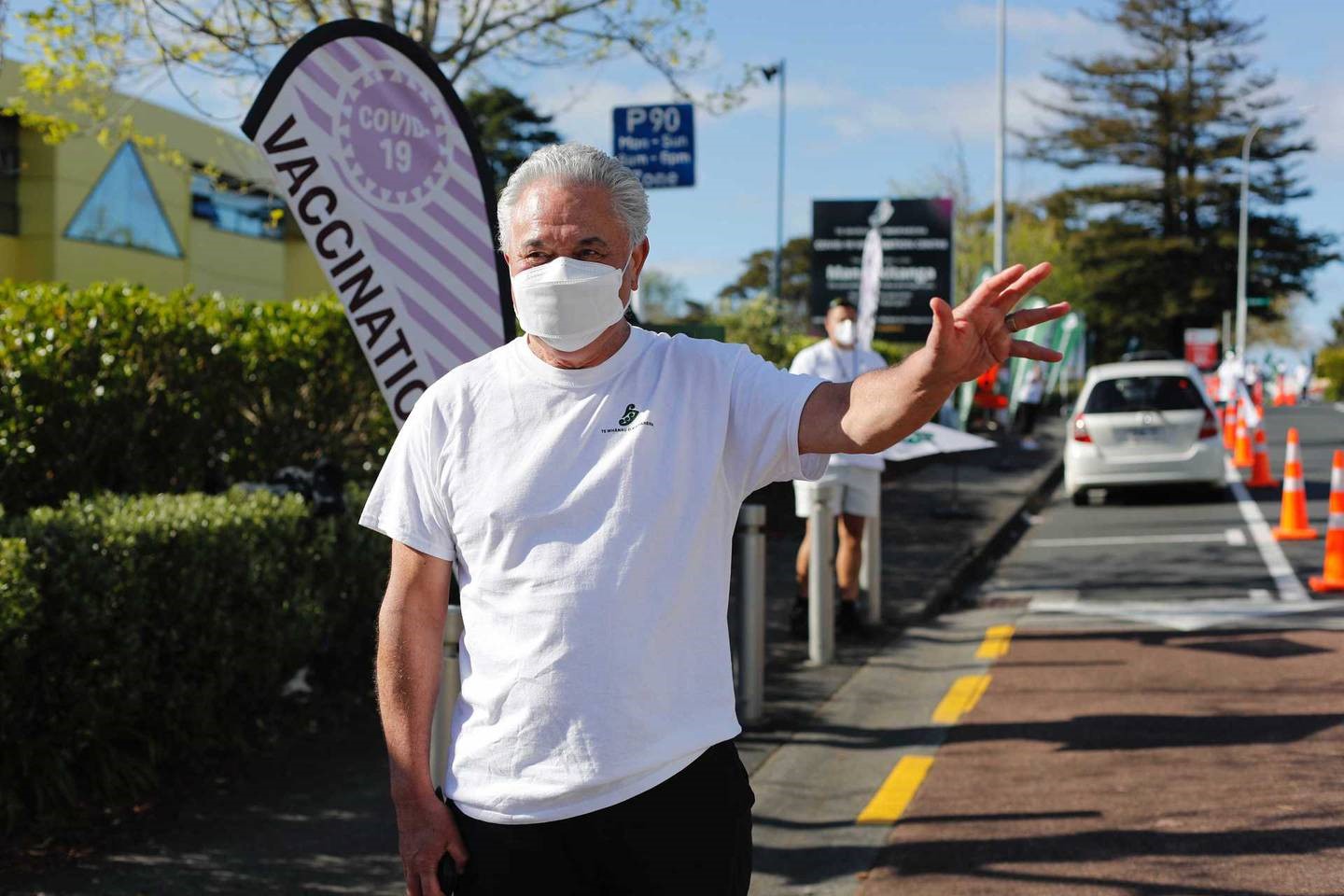
National Māori vaccination data will be shared with the Whānau Ora Commissioning Agency, a decision which may prove crucial in the lifting of vaccination levels for Māori.
Following a judicial review, the High Court released its ruling last night which declared the Ministry of Health must urgently retake its decision not to provide data on unvaccinated Māori within three working days.
Legal action was initiated by Whānau Ora chief executive John Tamihere last month in a bid to target Māori who had not yet been engaged with previous vaccination efforts.
Soon to be armed with the necessary information, Tamihere said work would begin immediately.
"Help is on its way and non-intrusively," he said.
"Here's a vaccine opportunity in your own hood, tailored to you."
Expecting to receive the data by Friday, Tamihere said plans were being developed to send 70 FTEs in 14 vehicles to Northland for a week-long vaccination push in areas including Hokianga, Kaikohe, Kaitaia and Whangārei.
 Whānau Ora chief executive John Tamihere. (Photo / Dean Purcell)
Whānau Ora chief executive John Tamihere. (Photo / Dean Purcell)
Hokianga and Kaitaia have fewer than half of the population with two doses of the Pfizer vaccine. Northland, as a region, is currently expected to be the last to reach 90 per cent on current projections.
South Auckland would also be a focus. As for areas of high Māori populations like Tairāwhiti, Tamihere said conversations were ongoing with local providers on how they could assist.
The Ministry of Health spokesperson acknowledged the ruling and would be reconsidering its decision in line with the Court's decision.
Two weeks ago, the Ministry of Health's Covid-19 vaccination and immunisation programme national director Jo Gibbs decided against supplying Whānau Ora with "identifiable data for individuals who are not vaccinated", instead offering anonymous street-level mapping which would show areas of unvaccinated communities
The refusal was reportedly based on strong views from DHBs that sharing the data would be a "counterproductive threat to public confidence in the health system".
Tamihere echoed that sentiment, saying it was worth taking the chance if it meant increasing vaccination levels.
"They alleged that we would badger, bully and demonise - what do you think is happening to our people right now in terms of being seen as laggards?
"We don't know until we have a go. They can tell us to bugger off, why don't you give people the chance to say no?"
Even with only six weeks remaining before Christmas, Tamihere said the data would make a "huge impact" in lifting vaccination levels before the alert level framework was abandoned.
The decision to release the data was made because it was found the ministry did not adequately consider Te Tiriti (Treaty of Waitangi) and its principles, as informed by tikanga.
"Given that failure, in my view characterising the assessment of the applicants' request as a 'qualitative' assessment might be seen rather as an excuse for a lack of rigour in the process. While the ministry did have to weigh a range of factors, as I have found, it did not do so on the basis of an evidence-based assessment."
The ministry had erred in its interpretation and application of the Health Information Privacy Code 2020, the ruling deemed.
Take your Radio, Podcasts and Music with you









